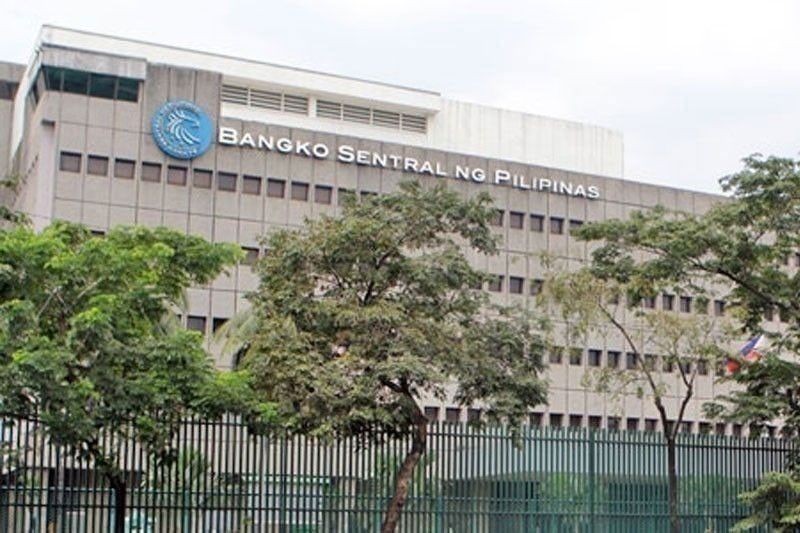BSP may reverse accommodative stance early next year

MANILA, Philippines — The Bangko Sentral ng Pilipinas (BSP) may reverse its current accommodative monetary policy stance as early as the second quarter of next year on the back of elevated inflation, as well as the hawkish stance of the US Federal Reserve.
ING Bank Manila senior economist Nicholas Mapa said the Monetary Board is likely to raise interest rates in the second quarter next year after maintaining an accommodative monetary policy stance this year to allow the economy to fully recover from the impact of the pandemic.
“We expect the BSP to maintain its current policy setting for the rest of 2021 and we retain our expectation for a possible rate adjustment from monetary authorities in the second quarter of 2022,” Mapa said.
Despite elevated inflation, Mapa said the BSP continues to push back on rate hike calls, citing the need to support the economic recovery.
According to Mapa, BSP Governor Benjamin Diokno indicated his preference to look past supply side-induced price spikes and that national government intervention such as pork importation or fuel subsidies would be more effective at addressing these types of price pressures.
The BSP has kept the benchmark interest rate at an all-time low of two percent for seven straight policy rate setting meetings. It last tweaked the rate in November last year with a 25-basis-point cut.
As part of its COVID response measures, the BSP slashed interest rates by 200 basis points and lowered the reverse requirement ratio. It also extended a recurring P540 billion provisional advances to the national government and purchased government securities in the secondary market.
Inflation averaged 4.5 percent from January to October as monthly inflation stayed above the BSP’s two to four percent target since the start of the year due to supply-side constraints.
Inflation eased to a three-month low of 4.6 percent in October from 4.8 percent in September. This was the lowest since the four percent inflation booked in July.
Jun Neri, lead economist at Ayala-led Bank of the Philippine Islands (BPI), said inflation has been mostly driven by supply this year, but demand is becoming an emerging contributor to inflation through the exchange rate.
Neri said the peso has weakened by around five percent this year mostly due to imports and improvement in demand, creating a pass-through effect that amplified the increase in food and energy costs.
“The peso depreciation is another factor that could keep inflation close to the four percent target of the central bank. With more and more people getting vaccinated, we expect imports to increase further as local demand improves. Moreover, hawkish moves from the Federal Reserve will likely exert additional pressure on the peso,” Neri said.
Neri said oil prices are expected to stay elevated in the coming months as supply would likely remain tight especially during winter.
Major oil-producing countries have kept their production plans despite the improvement in demand. The expected increase in vaccination rates around the world this year and next year would likely boost oil demand further.
On the other hand, food inflation continues to be substantial because of supply constraints. The country has increased the importation of food products from abroad, but the impact on prices has been minimal so far.
“Inflation has been above BSP’s target for 10 months already. Despite this, inflationary pressures have persisted both from the demand and supply side,” Neri said.
With inflation still elevated and the US Fed becoming more hawkish, Neri said the possibility of a BSP rate hike in the next 12 months has become more likely.
“Failure to adjust policy settings before the Federal Reserve is forced to adjust its asset purchases and policy rates can translate to bigger adjustments and more market volatility down the road,” Neri said.
- Latest
- Trending






























